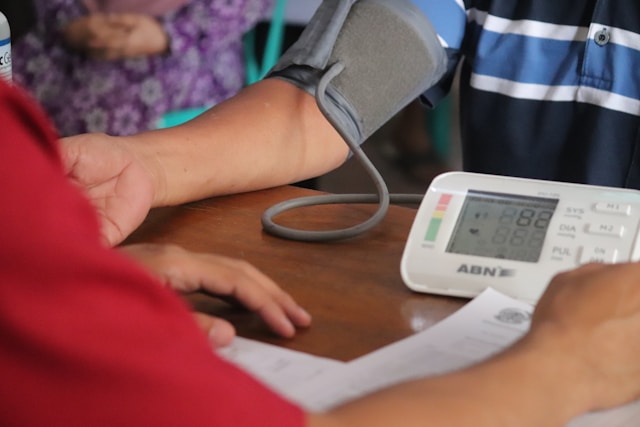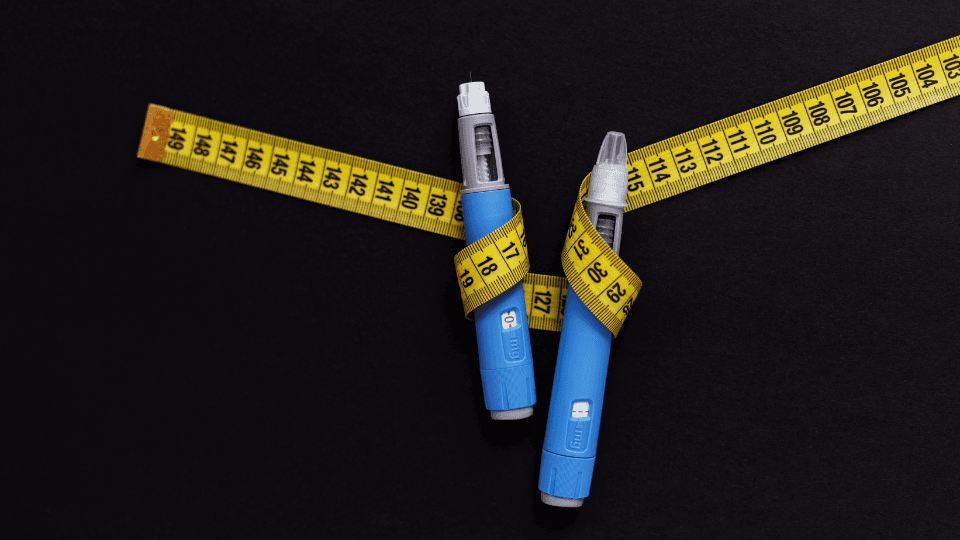Back
Feb 25, 2024
Sleep hygiene 101

Dr Jarrad Van Zuydam | Sports Physician
Why preparation is everything for a quality snooze
As we know, good sleep is vital for our overall health and wellbeing. It is during sleep that our bodies repair and rejuvenate, allowing us to function optimally during our waking hours. Poor sleep quality can lead to a variety of health problems, including depression, anxiety, and obesity.
Improving the quality of our sleep is easier said than done, however. This is where sleep hygiene comes in. In this post, we will explore what sleep hygiene is, why it is important, and how to implement good sleep hygiene in your life.
What is sleep hygiene?
Sleep hygiene refers to the set of habits and practices that affect sleep quality and quantity. These habits and practices include environmental and behavioural factors, such as the temperature of the bedroom, the amount of light exposure before bedtime, and the use of electronic devices before sleep. Good sleep hygiene is important because it can improve sleep quality, reduce the time to fall asleep, and decrease the likelihood of waking up during the night.
What are the elements of good sleep hygiene?
Stick to a regular sleep schedule. Going to bed and waking up at more or less the same time every day (even on weekends) can help regulate your body's internal clock and improve sleep quality.
Create a sleep-conducive environment. Your bedroom should be cool, quiet, and dark. Consider using blackout curtains or an eye mask to block out light. Use a white noise machine, fan, or earplugs to block out noise.
Reserve your bed for sleeping. Try not to use your bed for anything other than sleeping and sex, so that your brain comes to associate lying in bed with sleep. No more late night email replies from under the duvet.
Avoid caffeine, nicotine, and alcohol. Caffeine is a powerful stimulant that interferes with sleep, so it's best to avoid it for at least 6 hours before bedtime. Having your last coffee for the day at midday is sensible. Alcohol may help you fall asleep, but it wreaks havoc with your sleep quality later in the night. Skip the night-cap.
Don't use electronic devices before bed. The blue light emitted by electronic devices can interfere with the production of the sleep hormone melatonin, making it harder to fall asleep. Avoid using electronic devices for at least 30 minutes before bedtime, or switch your devices to their night mode setting if you absolutely have to work late.
Relax before bed. Engage in relaxing activities before bedtime, such as reading a book, taking a warm bath, practising yoga, or meditating.
Getting into the habit of healthy sleep
Just like any other habit, implementing good sleep hygiene can take time and effort, but the benefits are worth it. Start by making tiny changes, one at a time. Moving your phone away from arm’s reach is a powerful first step. Then, keep a sleep diary to track your progress and identify areas for improvement. If you continue to have trouble sleeping, consider talking to your healthcare provider. They may recommend further evaluation or treatment for an underlying sleep disorder. We can't fix all sleep problems with good sleep hygiene alone.
In conclusion, sleep hygiene is a crucial component of overall health and wellbeing. By implementing good sleep hygiene habits and practices, you can improve your sleep quality and quantity, leading to a happier, healthier life. Sweet dreams!













